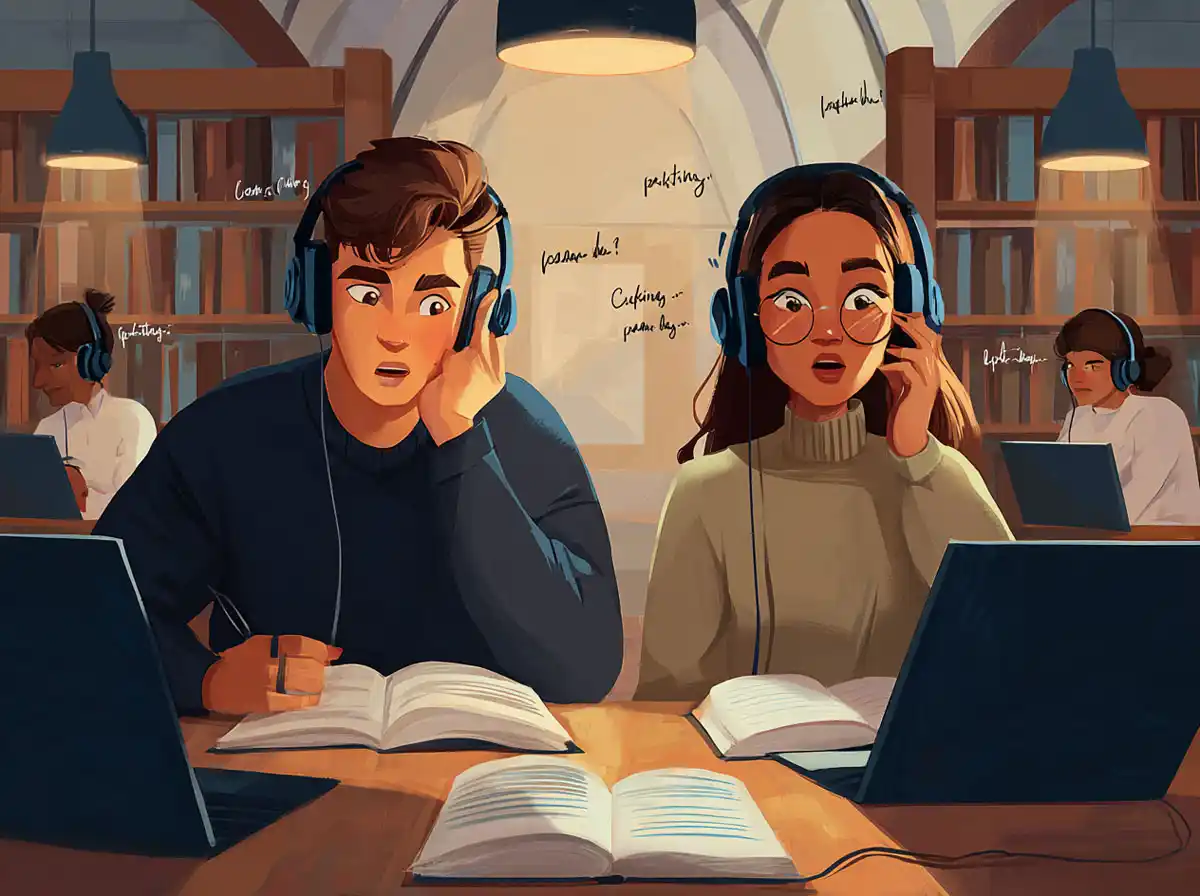Why Learn Portuguese in South Africa?
Portuguese is spoken by over 260 million people worldwide, making it one of the top ten most spoken languages globally. It is the official language of countries such as Portugal, Brazil, Angola, Mozambique, and several other Lusophone nations. South Africa’s geopolitical and economic relations with Portuguese-speaking countries, especially Angola and Mozambique, have grown significantly over the years. This makes learning Portuguese in South Africa both practical and strategic.
Economic and Business Opportunities
South Africa maintains strong trade links with Lusophone African countries, particularly in industries like mining, energy, and agriculture. For professionals and entrepreneurs, learning Portuguese can:
– Enhance communication with clients and partners in Angola and Mozambique.
– Open new markets and business opportunities.
– Improve career prospects in multinational corporations and government sectors.
Cultural and Social Benefits
Portuguese-speaking communities in South Africa and neighboring countries contribute richly to the cultural mosaic of the region. Learning Portuguese allows for:
– Deeper cultural exchanges and appreciation of Lusophone traditions.
– Easier travel and social integration in Portuguese-speaking countries.
– Access to a wealth of literature, music, cinema, and history.
How Talkpal Helps You Learn Portuguese in South Africa
Talkpal is an innovative language learning platform designed to connect learners with native speakers and professional tutors worldwide. For those aiming to learn Portuguese in South Africa, Talkpal offers unique advantages.
Interactive and Immersive Learning Experience
Unlike traditional classroom settings, Talkpal enables learners to practice real conversations with native Portuguese speakers. This interactive approach:
– Boosts speaking and listening skills.
– Builds confidence in real-life communication.
– Provides exposure to different Portuguese dialects, including European and Brazilian variants.
Flexible and Accessible Learning
South Africa’s diverse geography and busy lifestyles can make attending physical language classes challenging. Talkpal’s online platform offers:
– 24/7 access to lessons and practice sessions.
– The ability to learn anytime, anywhere using smartphones or computers.
– Customized learning plans tailored to individual goals and proficiency levels.
Affordable and Effective
Traditional language courses can be costly and time-consuming. Talkpal provides:
– Affordable pricing options compared to in-person classes.
– Efficient learning methodologies focused on conversational skills.
– Continuous progress tracking and feedback from tutors.
Effective Strategies to Learn Portuguese in South Africa
To maximize your success in learning Portuguese in South Africa, combining Talkpal with other proven methods can enhance your proficiency.
1. Set Clear Learning Goals
Before starting, define why you want to learn Portuguese. Goals might include:
– Business communication.
– Travel and tourism.
– Academic purposes.
– Cultural enrichment.
Clear goals help tailor your learning plan and maintain motivation.
2. Immerse Yourself in the Language
Although Portuguese-speaking communities are smaller in South Africa, immersing yourself virtually is possible through:
– Watching Portuguese films and TV shows.
– Listening to Portuguese music and podcasts.
– Reading books, newspapers, or websites in Portuguese.
3. Practice Regularly with Native Speakers
Consistent practice is critical. Use Talkpal to:
– Schedule regular conversation sessions.
– Get immediate feedback on pronunciation and grammar.
– Learn colloquial phrases and slang used in everyday speech.
4. Use Language Learning Apps and Resources
Supplement Talkpal lessons with apps that focus on vocabulary and grammar drills, such as Duolingo, Memrise, or Babbel. This combination reinforces your learning.
5. Join Local Language Groups and Meetups
In cities like Johannesburg, Cape Town, and Pretoria, look for Portuguese language clubs or cultural associations. These provide opportunities to:
– Meet fellow learners.
– Participate in cultural events.
– Practice speaking in informal settings.
Challenges of Learning Portuguese in South Africa and How to Overcome Them
While South Africa is a great place to learn Portuguese, learners may face some challenges.
Limited Physical Classes and Resources
Portuguese is less commonly taught compared to languages like French or German. To overcome this:
– Leverage Talkpal’s online tutors.
– Use digital resources and virtual communities.
– Engage in self-study and immersive experiences.
Dialect Variations
Portuguese has notable differences between European, Brazilian, and African dialects. Learners should:
– Decide which dialect aligns with their goals.
– Use Talkpal to practice with native speakers from the preferred region.
– Study cultural context alongside the language.
Maintaining Consistency
Language learning requires dedication. To stay consistent:
– Set a daily or weekly study routine.
– Use Talkpal’s scheduling tools to organize sessions.
– Track your progress and celebrate milestones.
Benefits of Being Bilingual in Portuguese and English in South Africa
English is widely spoken in South Africa, making Portuguese an excellent complementary language. Being bilingual offers:
– Enhanced cognitive abilities including problem-solving and multitasking.
– Greater employability in multinational and government sectors.
– Improved cross-cultural communication skills.
– Access to diverse media and literature.
Conclusion
Learning Portuguese in South Africa is a valuable pursuit fueled by economic ties, cultural enrichment, and personal development. Talkpal stands out as an ideal platform to facilitate this journey, offering interactive, flexible, and affordable language learning solutions. By combining Talkpal’s resources with immersive experiences and consistent practice, learners can effectively master Portuguese and unlock new opportunities in South Africa and beyond. Whether for business, travel, or cultural curiosity, starting your Portuguese learning adventure today is a step toward a more connected and enriched future.










